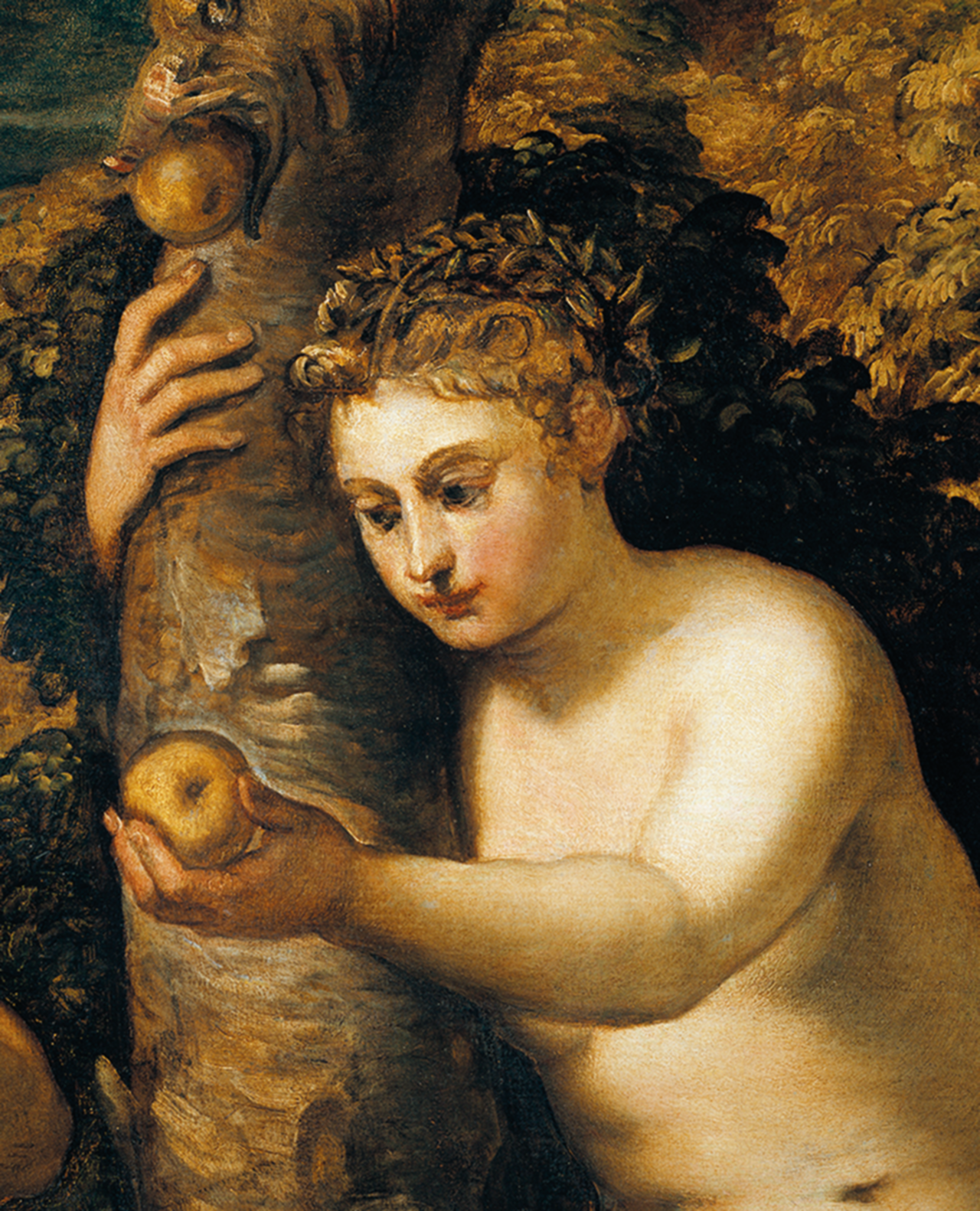
In the sage words of the novelist William Maxwell, “It is impossible to say why people put so little value on complete happiness.” The psychoanalyst and essayist Adam Phillips has, for some time, been engaged in investigating this enigma. A recent collection of essays, Missing Out, explored our propensity to attach a greater value to what we have not, rather than what we have. His latest book, Unforbidden Pleasures, is a profound meditation on our reluctance to enjoy ourselves as we might and, more crucially, as we are apparently granted the freedom to do.
A good deal of complex thinking and reference is compressed into two hundred or so pages. Phillips’s first witness is Oscar Wilde, whose provocatively intelligent statement on political engagement – “The problem with socialism is that it takes up too many evenings” – sets the book’s terms. “It is, of course, Wilde’s point that socialism interferes with sociability,” Phillips comments. Our ideologies – whether extraneous, as political or moral systems, or internalised – estrange us from our more creative and enjoyable instincts.



